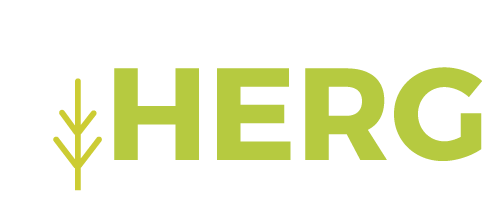Africa is a continent of immense natural heritage, including iconic rivers that fostered the earliest civilizations and continue to play a central role in the continent’s socio-economic development. Major rivers such as the Nile, Niger, Orange and Zambezi drain highland water towers and carry water downstream to semi-arid and arid lands. The Congo River carries more water than any other African river, draining the heart of the tropical rain belt. To meet the needs of the increasing human population and livestock across the continent, these and thousands of smaller rivers are to be tapped for the water they carry and regulated for the energy of their cascades. One of the major water needs include water abstraction for irrigated agriculture, industry and municipal supply for the urbanizing population. With these developments comes the risk of water pollution and loss of ecological integrity. However, most countries and regions in Africa, save for South Africa, lag behind when it comes to developing tools or indices as lines of evidence (LoEs) on the impact of human activities on the status of water quality and overall ecological integrity of riverine ecosystems. Moreover, there is a need to know how to use existing and new indices to assess, monitor and manage the current and future threats to water resources, such as increasing water abstractions, pollution and climate change.
